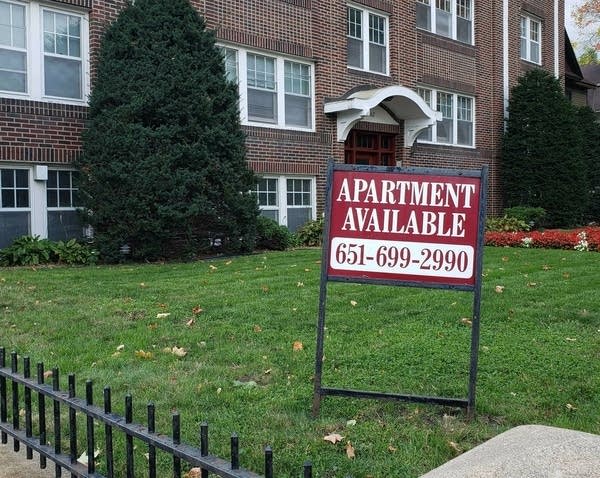Virtual hearings transform housing courts around Minnesota

While the COVID-19 pandemic threw life into disarray, one good thing to come out of it was improved court proceedings for people facing eviction.
MPR News file photo
Go Deeper.
Create an account or log in to save stories.
Like this?
Thanks for liking this story! We have added it to a list of your favorite stories.


